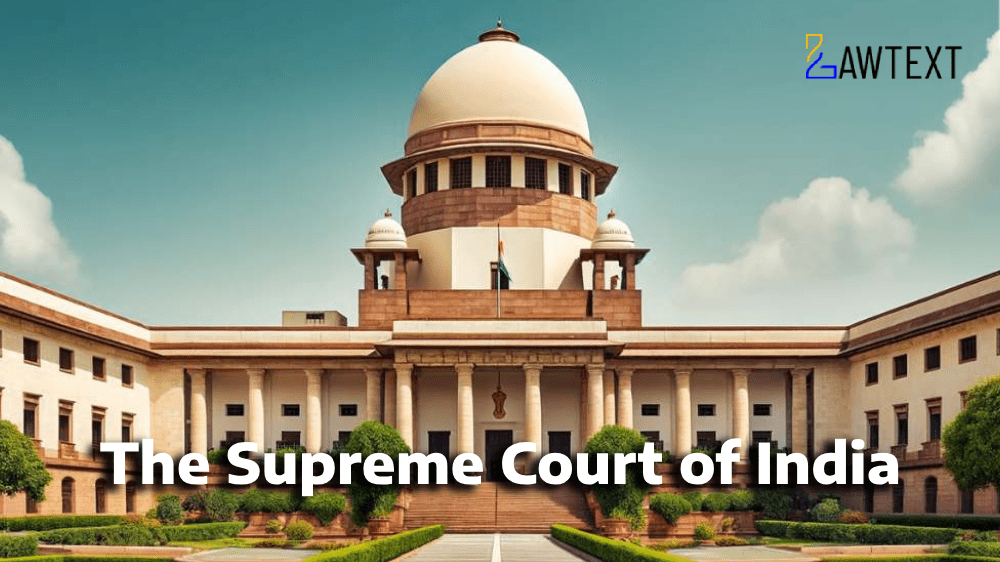

Constitution of India – Code of Criminal Procedure, 1973 – Indian Penal Code, 1860 – Arms Act, 1959
Section 302 read with Section 34 IPC – Section 27(1) Arms Act – Appeal Against Conviction – Reversal of High Court Order – Common Intention Requirement – Appellants Acquitted
– The High Court of Uttarakhand convicted Constable 907 Surendra Singh, Constable 192 Surat Singh, and Ashad Singh Negi under Section 302 read with Section 34 of the Indian Penal Code, 1860, after setting aside their trial court acquittal.
– The Supreme Court ruled that mere presence in the vehicle with the accused shooter (Head Constable Jagdish Singh) was insufficient to establish common intention under Section 34 IPC.
– The prosecution failed to prove prior meeting of minds or shared intent between the appellants and the main accused.
– The trial court’s acquittal was affirmed, and the High Court’s order was quashed.
– Constitution of India
– Code of Criminal Procedure, 1973 – Section 379
– Indian Penal Code, 1860 – Section 302, Section 34
– Arms Act, 1959 – Section 27(1)
Acquittal – Common Intention – Section 34 IPC – Appeal Against Conviction – Supreme Court – Life Imprisonment – Reversal of High Court Order
– Appeals were filed before the Supreme Court challenging the High Court’s order convicting the appellants for murder under Section 302 read with Section 34 IPC.
– The appellants (Constable 907 Surendra Singh, Constable 192 Surat Singh, and Ashad Singh Negi) sought reversal of their conviction and reinstatement of their acquittal.
– The State of Uttarakhand had appealed against the trial court’s acquittal of the three constables, leading to their conviction by the High Court.
– The Supreme Court was called upon to determine whether the High Court was justified in overturning the acquittal.
– The trial court acquitted the three constables while convicting Head Constable Jagdish Singh for murder.
– The High Court reversed the acquittal, convicting the three appellants under Section 302 read with Section 34 IPC.
– The Supreme Court stayed the High Court's order and granted bail to the appellants.
a. Whether the High Court erred in convicting the appellants under Section 302 read with Section 34 IPC despite their acquittal by the trial court?
b. Whether mere presence in the vehicle with the main accused was sufficient to establish common intention?
– Appellants: The prosecution failed to prove that the appellants had a shared intention to commit the crime. The trial court correctly acquitted them.
– Respondent-State: The High Court rightly inferred common intention based on the appellants’ presence in the vehicle with the main accused.
– The Supreme Court ruled that common intention under Section 34 IPC requires prior meeting of minds, which was absent in this case.
– The trial court's acquittal order was reinstated, and the High Court's conviction order was quashed.
– Mere presence at the scene of the crime or passive participation does not establish common intention under Section 34 IPC.
– Conviction under Section 34 IPC requires proof of pre-planned coordination among the accused to commit the crime.
– An appellate court should interfere with an acquittal only if the trial court’s findings are perverse or based on misreading of evidence.
Citation: 2025 LawText (SC) (1) 281
Case Number: CRIMINAL APPEAL NO. 355 OF 2013 WITH CRIMINAL APPEAL NO. 788 OF 2013
Date of Decision: 2025-01-28
Case Title: CONSTABLE 907 SURENDRA SINGH & ANR. VERSUS STATE OF UTTARAKHAND
Before Judge: (B.R. GAVAI J. , AUGUSTINE GEORGE MASIH J.)
Appellant: CONSTABLE 907 SURENDRA SINGH & ANR.
Respondent: STATE OF UTTARAKHAND